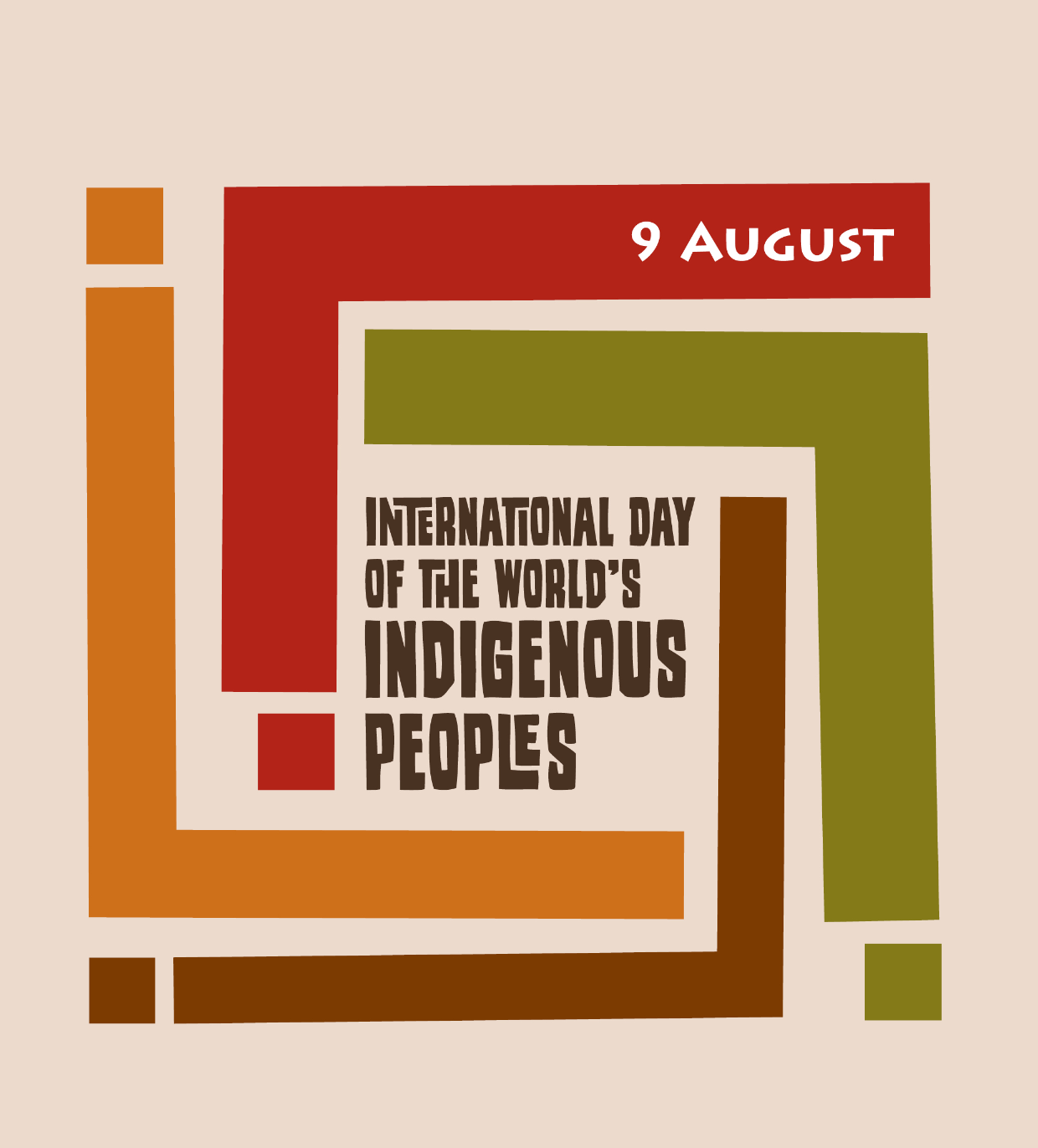“Sharing Indigenous Cultural Heritage Online: An Overview of GLAM Policies” (International Day of the World’s Indigenous Peoples 2020)
“From Creative Commons:
[Today] is is International Day of the World’s Indigenous Peoples, a day that seeks to raise awareness of and support Indigenous peoples’ rights and aspirations around the world. We at Creative Commons (CC) wish to highlight this important celebration and acknowledge that, internationally, measures need to be taken to protect Indigenous peoples’ rights and interests in their unique cultures. One measure, which intersects with our policy work at CC on Open GLAM, addresses the open, online sharing of Indigenous cultural heritage cared for within cultural heritage institutions.
[Clip]

Source: United Nations
Reuse freedoms associated with public domain materials, and fostered through digitization, can create tension when it comes to Indigenous cultural heritage. Existing copyright law, steeped in Western concepts and values, does not adequately protect Indigenous traditional cultural expressions, nor does it sufficiently reflect or account for Indigenous cultural values. By default, many forms of Indigenous heritage or “traditional cultural expressions” (which may include secret, sacred, or sensitive content) are inequitably deemed public domain under conventional copyright law. One of the challenges is that the copyright system does not properly account for the ways in which traditional cultural expressions are created, collectively held, and transmitted through the generations. The copyright eligibility criteria, such as originality and authorship, are often at odds with Indigenous notions of creativity and custodianship over a community’s cultural heritage. As a result, it may seem that such heritage is freely available for use and reuse, when in truth this may not be the case. Permitting this level of access and use raises ethical concerns which must be fully considered
